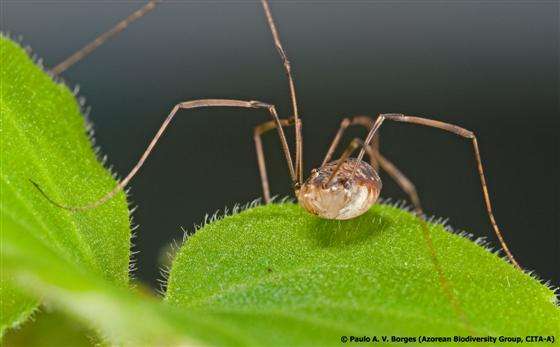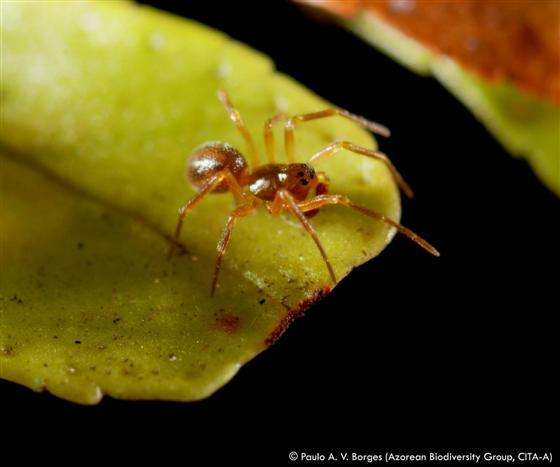December 4, 2024
The Ebiil Society: Champions of Palau
Ann Singeo, founder of our partner organization the Ebiil Society, shares her vision for a thriving Palau and a flourishing world of indigenous science!
We use cookies to help you navigate efficiently and perform certain functions. You will find detailed information about all cookies under each consent category below.
The cookies that are categorized as "Necessary" are stored on your browser as they are essential for enabling the basic functionalities of the site. ...
Necessary cookies are required to enable the basic features of this site, such as providing secure log-in or adjusting your consent preferences. These cookies do not store any personally identifiable data.
Functional cookies help perform certain functionalities like sharing the content of the website on social media platforms, collecting feedback, and other third-party features.
Analytical cookies are used to understand how visitors interact with the website. These cookies help provide information on metrics such as the number of visitors, bounce rate, traffic source, etc.
Performance cookies are used to understand and analyze the key performance indexes of the website which helps in delivering a better user experience for the visitors.
Advertisement cookies are used to provide visitors with customized advertisements based on the pages you visited previously and to analyze the effectiveness of the ad campaigns.

The Azores make up an archipelago about 800 miles off the coast of Portugal in the Atlantic Ocean. Of all the things you might notice about the Azores, the presence of arthropods is probably not the first. But, for researchers conducting a long-term biodiversity project, the arthropods of the Azores are front and center.
The project to ascertain distribution and abundance of Azores arthropods was launched in 1999. Surveys took place then and from 2010-2011. From these surveys, Dr. Paulo A.V. Borges and colleagues published the complete list of the 286 species identified, in the open access journal Biodiversity Data Journal.

This database has enabled many studies about “the abundance, spatial variance and occupancy of arthropods, the effects of disturbance and biotic integrity of the native forests on arthropod assemblages and the performance of species richness estimators.”

In addition, the database helps researchers to identify conservation priorities in the Azores, and provides information for an “estimation of extinction debt (the species likely to be wiped out because of past events).” Out of the study sprung the Azorean Biodiversity Portal and the Azores Island Lab. The authors note:
These steps are fundamental for getting a more accurate assessment of the biodiversity in the Azores archipelago, and we hope that can inspire similar biodiversity surveys at other islands.
Featured photo: Harvestman (Leiobunum blackwalli) female. Credit: Charles Sharp
Source: Phys.org
Check out other journal entries we think you might be interested in.
Notifications